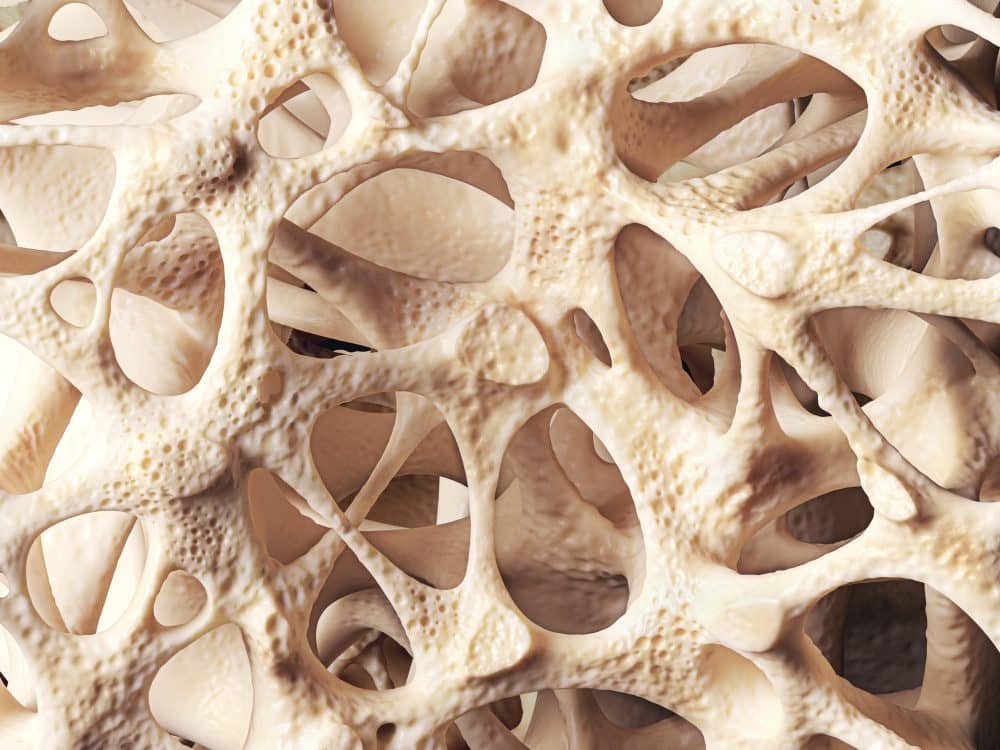One of the functions of the kidney is to help maintain bone health and mineral balance. This is accomplished through the interaction of multiple hormones and minerals such as calcium and phosphorus.
Many patients with Chronic Kidney Disease (CKD) will experience elevated Parathyroid Hormone (PTH) levels. The parathyroid gland is located in your neck and next to your thyroid gland. The parathyroid gland helps regulate your calcium, phosphorus, vitamin D, and bone health.
What Causes Mineral and Bone Disease in CKD?
Your kidneys normally participate in Vitamin D activation. When your kidney function is low, there is less Vitamin D that is activated to its final form, causing blood calcium levels to drop. As a result of this, PTH levels increase to maintain calcium balance. This increased release of PTH is called secondary hyperparathyroidism.
Phosphorus is eliminated by the kidneys and when the function is low, it starts building up in the blood and also triggers the rise in the PTH level in addition to other detrimental effects on the small and large blood vessels by causing calcium build up and hardening of their wall.
How is Mineral and Bone Disease in CKD Treated?
Your Nephrologist will monitor your calcium, phosphorus, vitamin D, and PTH levels and may prescribe dietary changes or medications to help optimize your bone and mineral balance. Because vitamin D levels are often low, vitamin D medication may be prescribed to help balance your vitamin D and PTH levels.
Your Nephrologist may discuss a low phosphorus diet to help reduce the phosphorus levels in your body. Medication may be needed to bind the phosphorus in the food that you eat. These medications prevent the absorption of phosphorus into your body. These medications are called phosphorus binders or “binders” that need to be taken with each meal to work effectively.
Most patients with CKD will have low or normal calcium levels, but some may have elevated levels. If this occurs, your doctor may prescribe a medication that directly suppresses the PTH production.
Maintaining the balance of PTH, vitamin D, calcium, and phosphorus is an important part of the management of CKD. Proper monitoring, dietary changes, and medications may be needed to maintain the health of your bones and the blood vessels in your body.


